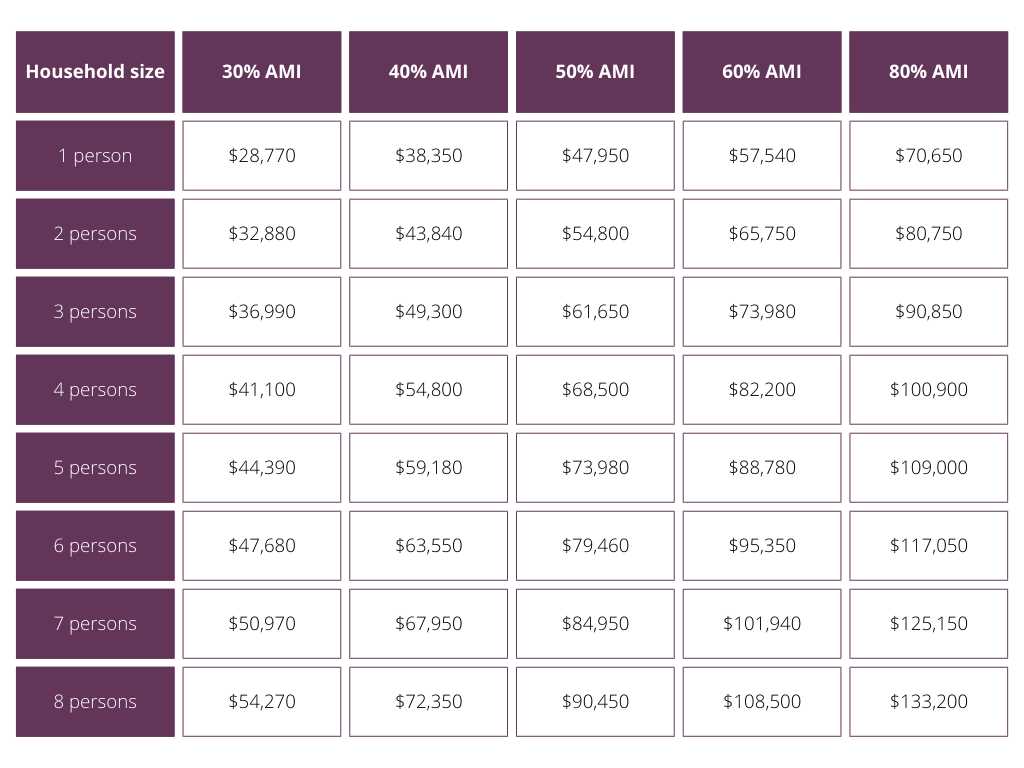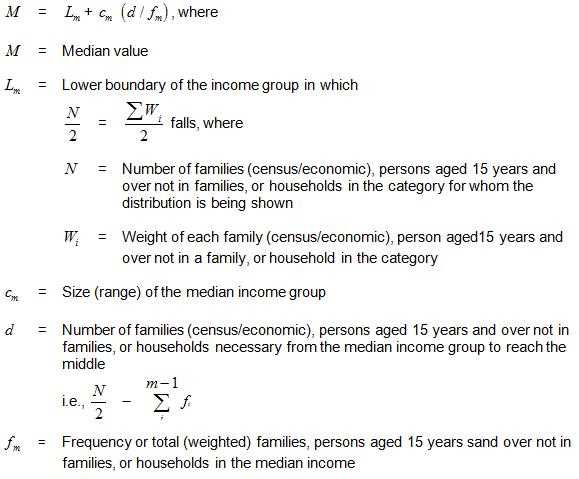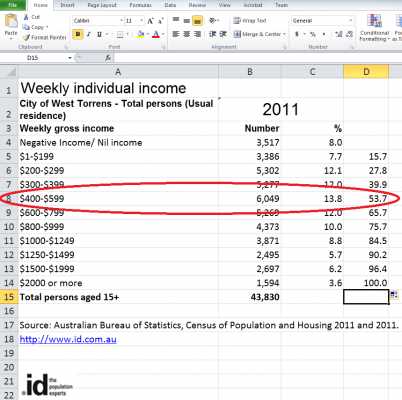What is Household Income?
Household income refers to the total amount of money earned by all members of a household over a specific period of time, typically a year. It includes income from various sources, such as wages, salaries, bonuses, tips, rental income, investment income, and government assistance.
Household income is an important measure of a family’s financial well-being and is often used to determine eligibility for government programs, loans, and financial aid. It provides a snapshot of the overall economic situation of a household and can be used to assess its ability to meet basic needs, save for the future, and achieve financial goals.
In addition to earned income, household income may also include non-cash benefits, such as employer-provided health insurance, housing allowances, and food stamps. These benefits are considered part of the household’s income because they contribute to its overall financial resources.
Types of Household Income
1. Earned Income: This type of income includes wages, salaries, tips, and bonuses earned from employment. It is the most common source of income for many households and is typically reported on a W-2 form.
2. Investment Income: Investment income refers to the money earned from investments such as stocks, bonds, mutual funds, and real estate. This can include dividends, interest, capital gains, and rental income. Investment income can be a significant source of income for households with substantial assets.
3. Retirement Income: Retirement income includes pensions, annuities, Social Security benefits, and distributions from retirement accounts such as 401(k)s or IRAs. This type of income is crucial for individuals who have reached retirement age and are no longer earning a regular salary.
4. Government Transfers: Government transfers are payments made by the government to individuals or households for various reasons. This can include welfare benefits, unemployment benefits, disability payments, and child support. These transfers can provide a safety net for households facing financial hardships.
5. Self-Employment Income: Self-employment income is earned by individuals who work for themselves and operate their own businesses. This can include income from freelancing, consulting, entrepreneurship, or gig economy jobs. Self-employed individuals are responsible for reporting and paying taxes on their income.
6. Other Income: Other income includes any additional sources of income that do not fit into the above categories. This can include rental income from a second property, royalties from intellectual property, or any other form of income that is not derived from traditional employment or investments.
Factors Affecting Household Income
Economic Conditions
One of the primary factors affecting household income is the overall economic conditions of the country or region. When the economy is thriving, there are more job opportunities, higher wages, and increased income potential. Conversely, during an economic downturn or recession, job losses, wage cuts, and reduced income can be experienced.
Educational Attainment
Education plays a crucial role in determining household income. Generally, individuals with higher levels of education tend to earn higher incomes. This is because education equips individuals with the necessary skills and knowledge to secure higher-paying jobs and advance in their careers.
Occupation and Industry
The type of occupation and industry in which individuals work can significantly impact their household income. Certain industries, such as technology and finance, often offer higher-paying jobs compared to others. Additionally, occupations that require specialized skills or expertise tend to command higher salaries.
Geographic Location
The geographic location of a household can also affect its income. In some areas, the cost of living may be higher, leading to higher salaries to compensate for the increased expenses. On the other hand, in areas with a lower cost of living, salaries may be lower.
Experience and Seniority
Experience and seniority within a job or industry can have a significant impact on household income. As individuals gain more experience and advance in their careers, they often become eligible for promotions and salary increases. Higher levels of experience and seniority can lead to higher incomes.
Government Policies and Taxation
Government policies and taxation can also affect household income. Changes in tax rates, deductions, and credits can impact the amount of disposable income available to households. Additionally, government programs and social welfare policies can provide financial support to low-income households.
How to Calculate Household Income
1. Identify all sources of income
The first step is to identify all sources of income for your household. This includes income from employment, self-employment, investments, rental properties, government benefits, and any other sources. Make sure to include both regular and irregular income.
2. Determine the frequency of income

Next, determine the frequency of each income source. Some income sources may be received weekly, bi-weekly, monthly, quarterly, or annually. It is important to know the frequency to accurately calculate your household income on a regular basis.
3. Calculate the gross income
Once you have identified all sources of income and their frequency, calculate the gross income for each source. Gross income refers to the total income before any deductions or taxes. Add up the gross income from all sources to get the total gross income for your household.
4. Deduct taxes and other deductions
After calculating the gross income, deduct any taxes, contributions, or other deductions that are applicable to your income sources. This will give you the net income for each source. Subtract the total deductions from the total gross income to get the net household income.
5. Consider non-monetary benefits

In addition to monetary income, consider any non-monetary benefits your household receives. This may include the value of employer-provided benefits, such as health insurance or housing allowances. Include these benefits in your overall assessment of household income.
6. Account for irregular income

If your household receives irregular income, such as bonuses or commissions, it is important to account for them in your calculations. Estimate the average amount of irregular income received over a specific period, such as a year, and include it in your total household income.
7. Update and review regularly

Lastly, remember to update and review your household income regularly. Income sources may change, and it is important to stay aware of any fluctuations in your income. By regularly reviewing your household income, you can make necessary adjustments to your budget and financial plans.
Calculating your household income provides a clear picture of your financial resources and helps you make informed decisions about your finances. Use this information to budget effectively, set financial goals, and plan for a secure future.
1. Financial Planning:
2. Budgeting:
3. Debt Management:
4. Saving and Investing:

Emily Bibb simplifies finance through bestselling books and articles, bridging complex concepts for everyday understanding. Engaging audiences via social media, she shares insights for financial success. Active in seminars and philanthropy, Bibb aims to create a more financially informed society, driven by her passion for empowering others.
